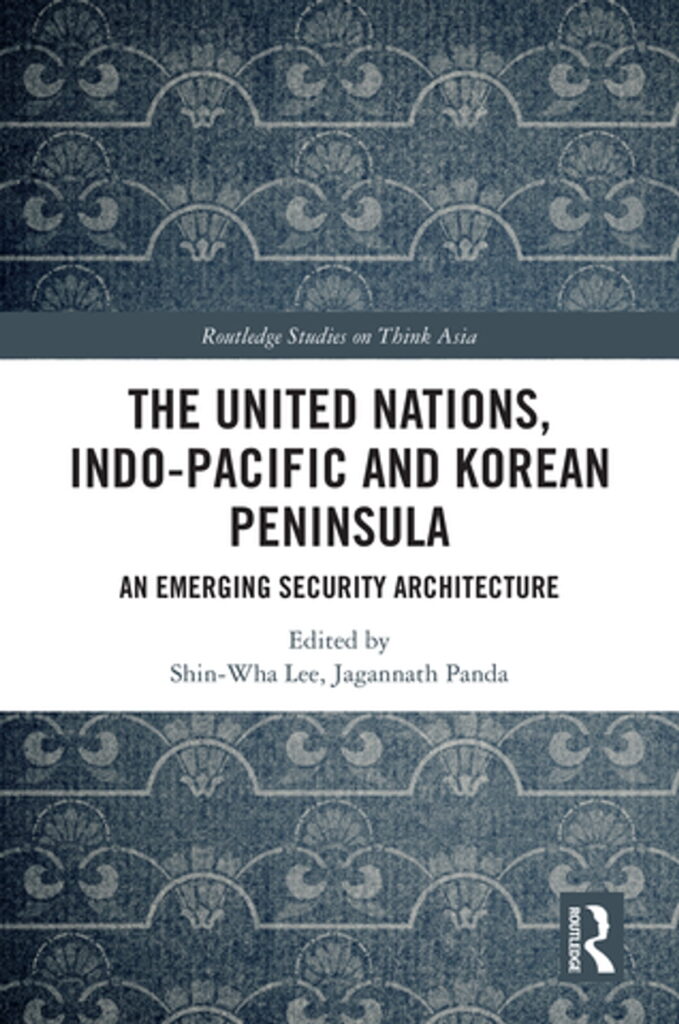
My chapter “The Role of the United Nations in Japanese Foreign Policy and Security Architecture” is now available as a free open access download. The chapter was originally published in 2023 as part of the book Non-Western Nations and the Liberal International Order: Responding to the Backlash in the West edited by Shin-Wha Lee and Jagannath Panda. This edited volume is part of the Routledge Studies on Think Asia series.
After joining the United Nations (UN) in 1956, Japan became an active member and one of its top financial contributors. What role does the UN play in Japan’s security policy and in its vision of the emerging global and regional security architecture? This chapter argues that the UN has long been an important part of Japanese foreign policy, and it was particularly central to Japan’s attempts to expand its contributions to international security in response to criticism of its response to the Persian Gulf War in the early 1990s. During subsequent years, Japan embraced UN peacekeeping operations as a core component of its new security contributions. Given the troubled legacy of Japan’s actions in World War II and its constitutional constraints on military activity, the UN provided an important source of legitimacy for the country’s more proactive security role, allowing it to limit the scope of its involvement and to justify its activities to internal and external audiences. In terms of security architecture, Japan has combined a broad focus on the global security role of the UN with a more specific focus on regional security mechanisms to address issues in Northeast Asia and the Indo-Pacific region. With respect to Northeast Asia, the US-Japan security alliance plays the primary role in Japan’s thinking about its own national security, particularly in response to potential threats from China and North Korea. Japan has also engaged with broader regional institutions, such as the ASEAN Regional Forum and issue-specific regional forums. Most recently, Japan has articulated a broad vision for a “Free and Open Indo-Pacific,” through which it has sought to engage with a wider range of regional actors, and it has pushed for the reinvigoration of the Quadrilateral Strategic Dialogue, which brings Japan together with the US, Australia and India. Through this combination of regional and global security institutions, Japan has sought to address a variety of traditional and non-traditional security challenges, as well as to influence norms and attitudes towards its own contributions to international security.
There are several ways to access my chapter:
